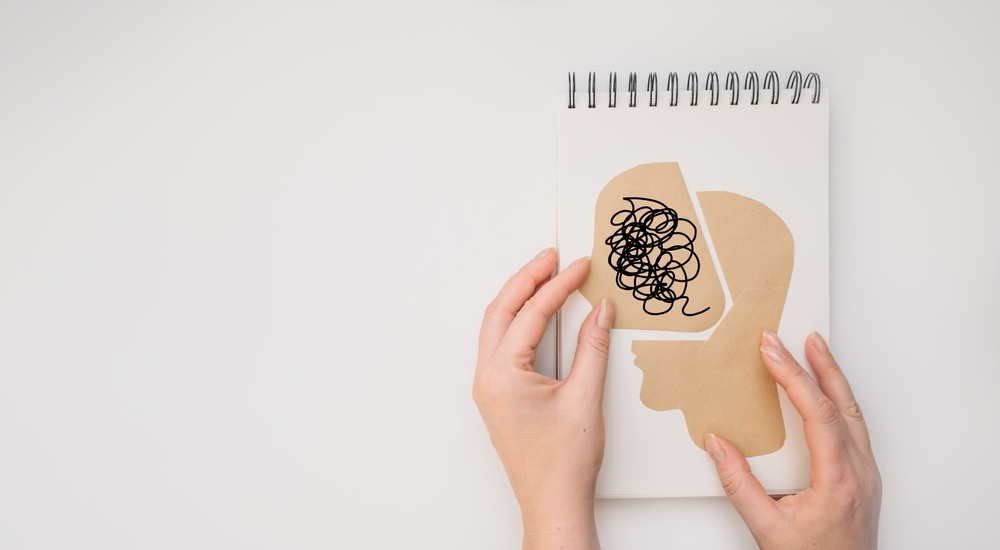In the golden years of life, stress can emerge from various aspects such as health concerns, lifestyle changes, or emotional transitions. It’s essential for older adults to adopt effective stress management techniques to enhance their overall well-being and quality of life. Recognizing the sources of stress and addressing them through a blend of activities and practices is key to maintaining both physical and mental health during these years.
Mindfulness and meditation are powerful tools in the fight against stress. They focus on grounding individuals in the present moment, mitigating worries about the future or the past. Simple routines like mindful breathing or participating in guided meditations can be seamlessly integrated into daily life. Alongside these mental practices, physical activity stands as a robust stress reducer. Regular involvement in exercises such as walking, yoga, or tai chi not only promotes physical health but also releases endorphins that combat stress.
Social connections play a pivotal role in managing stress. Maintaining relationships with friends and family, and engaging in community or group activities, provides emotional support and reduces feelings of loneliness. Delving into hobbies or creative endeavors offers an outlet for stress relief. Whether it’s gardening, painting, or music, these activities provide a diversion from stressors, offering joy and a sense of accomplishment.

Simple relaxation techniques like deep breathing exercises, progressive muscle relaxation, or listening to calming music are readily accessible methods for immediate stress relief. These practices can be done anywhere and require only a few minutes to be effective. Nutrition also plays a role in stress management. A diet rich in essential nutrients bolsters health and can influence mood and stress levels. Limiting intake of stimulants like caffeine and alcohol is also beneficial for managing stress and improving sleep.
Having a structured routine can instill a sense of control and predictability, which is comforting during stressful times. A daily schedule incorporating meals, exercise, hobbies, and relaxation can bring order and a sense of purpose. For some, managing stress might involve seeking professional support. Counseling or therapy can provide tailored strategies for coping with stress, and support groups for seniors offer a platform to share experiences and find comfort among peers.
Maintaining a positive outlook is another integral aspect of stress management. Focusing on positive aspects, nurturing hope, and practicing gratitude can shift perspectives and effectively reduce stress.

In summary, managing stress in the later years is about creating a balanced approach that encompasses physical activities, mental relaxation techniques, maintaining social connections, and making healthy lifestyle choices. Integrating these practices into their daily lives enables seniors to manage stress effectively, leading to improved physical and mental health and a more fulfilling life experience.

